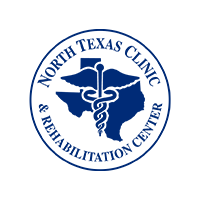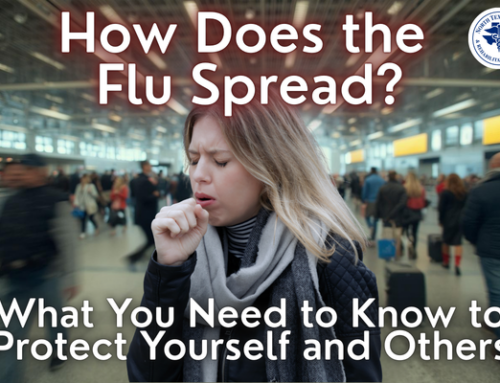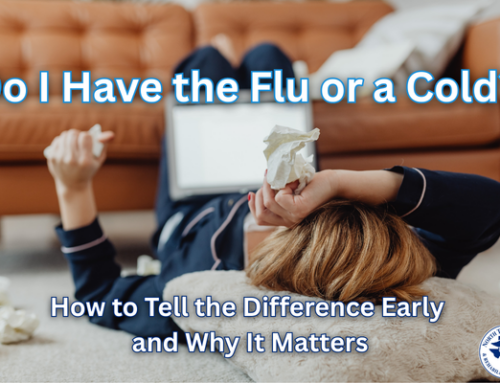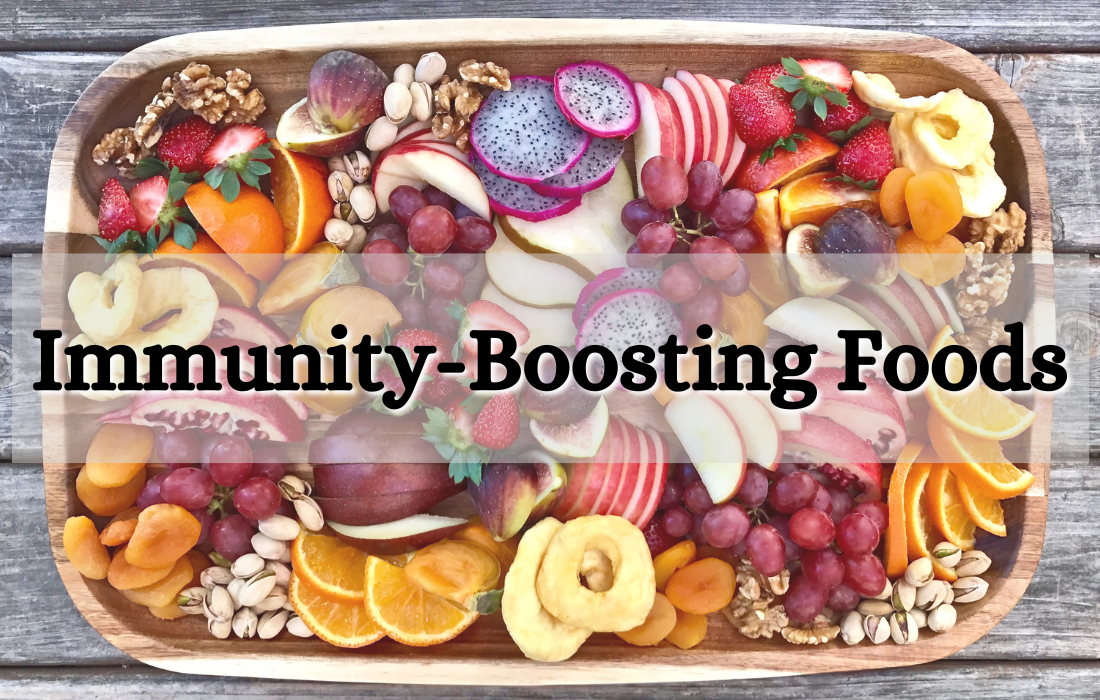
If you eat a balanced diet, we have great news for you! You’re already eating a fantastic amount of immunity-boosting foods.
An active lifestyle and a balanced diet are often enough to keep you healthy and your immune system strong.
However, winter is right around the corner. That means flu season is coming. And experts predict an almost inevitable steep rise in COVID cases during the fall and winter.
So, you might be wondering how to strengthen your immune system and hopefully stave off the fall and winter sniffles.
Fortunately, there are tons of immunity-boosting foods and things you can do to help your body’s natural defense system fight off infections and sickness.
How to Eat a Balanced Diet
When you eat a balanced diet, you should get all of the nutrients your body needs. Many of those vitamins and minerals contribute to building a powerful immune system.
But what are those nutrients? And what does a balanced diet look like?
First, you should know what food groups to eat and portion sizes.
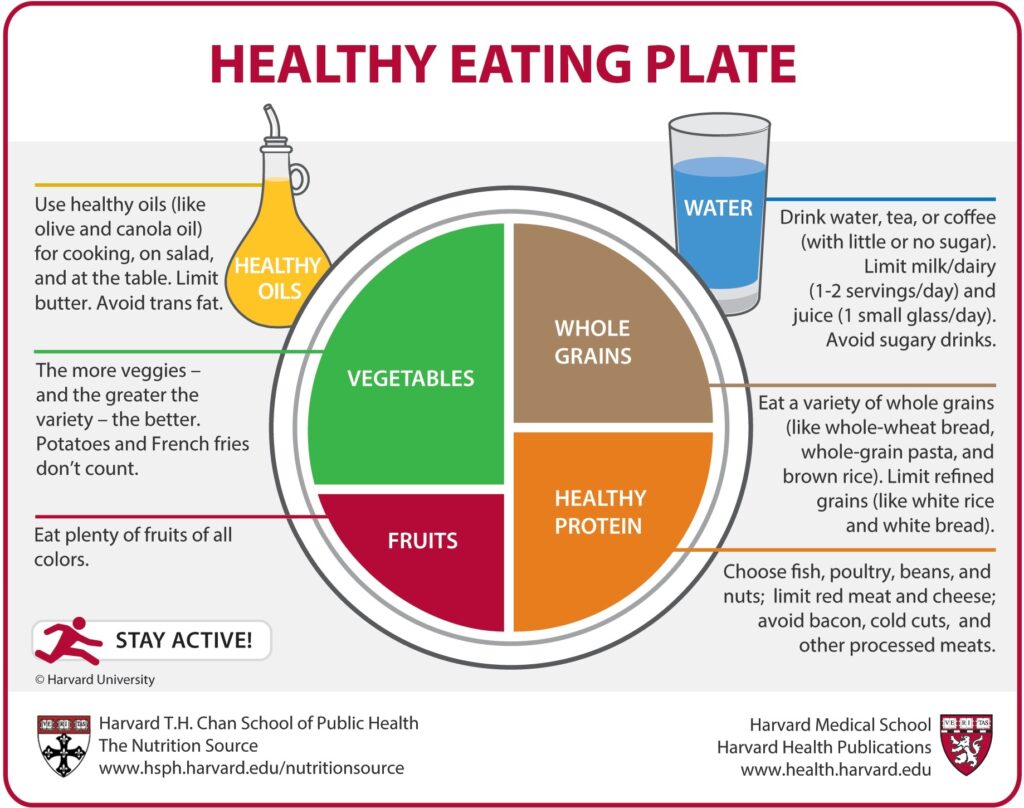
Copyright © 2011, Harvard University. *
The easiest way to remember how to get the right amount of necessary food is to think about how to serve it on your plate.
Harvard University designed a fantastic visual resource (pictured on the left) to help everybody remember what and how much they should eat.
Roughly half of your plate should include vegetables and fruit. You can divide the other half equally between healthy proteins and whole grains.
On the side, healthy vegetable oils, such as olive, canola, or sunflower, aid in better digestion and may lower cholesterol.
Water is always the best choice for your drink, but sugar-free coffee or tea works too. Experts also recommend one to two glasses of milk daily, and one glass of 100% juice can be a great extra source of vitamin C.
You shouldn’t have any problems getting the nutrients you need when you eat according to these recommendations. But which ones do you find in immunity-boosting foods?
The Vitamins and Minerals in Immunity-Boosting Foods
Your immune system is your body’s natural defense against invading viruses, bacteria, and other things that can make you sick. As long as you don’t have a condition that causes immune deficiencies, yours probably works perfectly well.
However, you have to maintain it. And during flu season and COVID surges, it’s essential to strengthen it with immunity-boosting foods.
Many of the vitamins and minerals in your food do just that, along with providing many other vital benefits. But it’s important to know what they are to ensure you’re eating foods that provide them.
Vitamin C
Most people know that oranges and other citrus fruits are some of the biggest immunity-boosting foods.
That’s because of Vitamin C, also known as ascorbic acid.
In addition to strengthening your immune system, Vitamin C¹ contributes to healthy teeth and gums, helps tissues heal faster, and aids in iron absorption.
You can find Vitamin C in many other sources than just citrus. This super vitamin can be found in leafy greens, bell peppers, tomatoes, cruciferous vegetables (broccoli, cauliflower, Brussels sprouts, etc.), and even white potatoes!
Vitamin A
Like Vitamin C, Vitamin A¹ helps to form and maintain your body’s tissues.
You’ve probably heard that you should eat carrots to make you see better at night. While slightly exaggerated, the nutrient in carrots and other orange vegetables, beta carotene, supports eye health and helps your eyes adjust to darker conditions.
Along with carrots, other foods that contain Vitamin A² include almost all orange and red vegetables and fruit, including sweet potatoes, pumpkins and other squashes, cantaloupe and mangoes, and tomatoes and red bell peppers. Dark leafy greens, milk, and eggs also have Vitamin A.
Vitamin D
All your vitamins and nutrients come primarily from your food, except this one.
Vitamin D, “the sunshine vitamin,” isn’t naturally present in many food sources. However, 10-15 minutes of sun three times a week should be enough for most healthy people to produce the body’s required amount of Vitamin D¹.
Unfortunately, not everybody lives in sunny climates or gets enough sunlight. If you feel like that may be you, talk to your doctor about whether or not you could benefit from a supplement.
Aside from boosting your immune system, Vitamin D also assists with calcium and phosphorous absorption, a necessity for building strong bones. Plus, studies show that it can aid in reducing both inflammation and cancer cell growth and helps to control infections.
Many foods are fortified with Vitamin D, including milk (both dairy and plant-based), orange juice, and cereal. Small amounts of Vitamin D are naturally present in some fish (such as tuna, sardines, and salmon), beef liver, and cod liver oil.
Vitamin E
Vitamin E, an invaluable antioxidant in immunity-boosting foods, fights free radicals in your body while strengthening your immune functions. It also helps prevent blood clots in your heart arteries and may aid in the prevention of many chronic conditions.
This potent vitamin is fat-soluble, so you’ll find it in most high-fat plant-based foods. Peanuts, almonds, hazelnuts, sunflower seeds, avocados, and their corresponding butters and oils are all great sources of Vitamin E².
Folate/Folic Acid
Folate¹, the natural form of Vitamin B9, and its synthetic form, folic acid, are critical for red blood cell formation, tissue growth, and cell function. Because it helps the body produce DNA and RNA, it is one of the most critical vitamins for pregnant people to consume.
Folate is found in many foods, such as beans, dark green leafy vegetables, peanuts, and eggs.
However, the synthetic form, folic acid, is much easier for our bodies to absorb. Therefore, many pastas, breads, cereals, and rice varieties are fortified with folic acid to ensure we get the necessary amounts.
Iron
Iron² is a mineral that supports immune function, helps carry oxygen to your cells, and is necessary for growth and development. Without enough of it, you can develop iron deficiency anemia, a common condition that causes fatigue, weakness, shortness of breath, dizziness, and brittle nails.
Fortunately, between its two types, heme and non-heme, iron can be found in many immunity-boosting foods.
Heme is easier for our bodies to digest. All meats and seafoods are rich sources of heme iron.
However, vegetarians can still get plenty of non-heme iron from beans, broccoli, dark leafy greens, lentils, nuts, fortified foods, and even dark chocolate!
Selenium
This powerhouse of a trace mineral, meaning our body doesn’t need much, is involved in many of our body’s most essential functions.
Selenium protects your cells from damage and your body from infections, helps produce DNA, and plays a part in reproduction and the metabolism of hormones.
Like iron, selenium² is mainly found in meat and fortified foods. However, the Brazil nut surprisingly contains 100% of your daily value in only one nut!
Zinc
Next to vitamin C, the trace mineral zinc might be the second most important nutrient in immunity-boosting foods.
In addition to supporting your immune system, zinc is involved in building DNA and proteins, healing damaged tissue, and cell growth.
Zinc² primarily comes from meat and shellfish, but we also get it from beans, yogurt, nuts, and fortified foods.
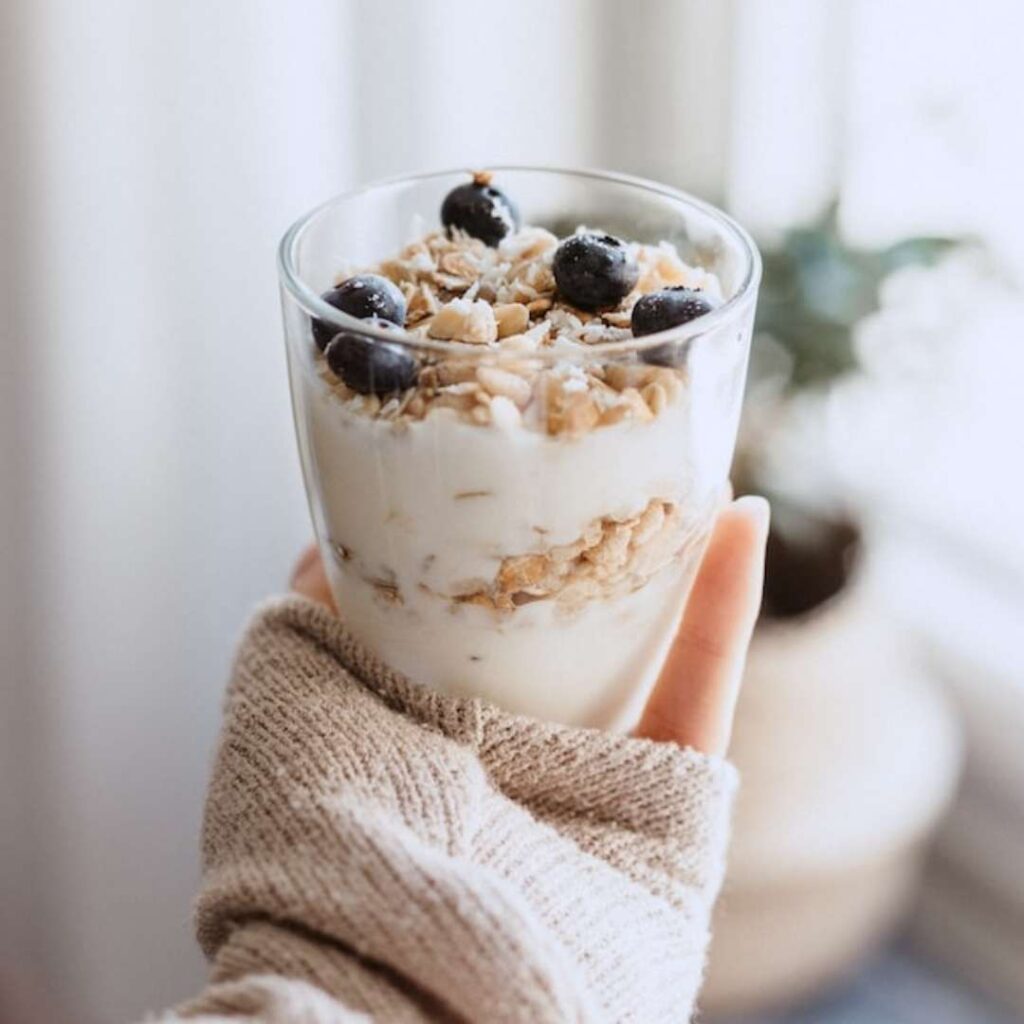
Immunity-boosting foods include yogurt and antioxidant-rich berries and grains. Image source
Other Immunity-Boosting Foods
The vitamins and minerals discussed above are some of the most crucial nutrients your body needs to grow, develop, heal, and fight against infection and disease.
However, there are a few other immunity-boosting foods and drinks that supply other defensive nutrients for your body.
Antioxidants
Many of the vitamins and minerals listed above are antioxidants, such as Vitamin C, Vitamin E, and selenium. These already powerful substances also fight against free radicals in your body that, in high enough concentrations, may lead to chronic conditions like heart failure and cancer.
Since there are hundreds, maybe even thousands, of antioxidants, research on how they work is ongoing.
One thing we know is that antioxidants work better in conjunction with each other.
Supplements alone have not been proven to affect disease prevention significantly. However, the combinations found in immunity-boosting foods have shown excellent long-term results.
Therefore, it all goes back to eating a balanced diet.
Other than the foods mentioned above, other antioxidant-rich sources³ include tea, both green and black, mushrooms, fresh ginger, and pomegranate.
Antimicrobials
Often working together with antioxidants, antimicrobials help protect the body against infection.
One of the most effective natural sources of antimicrobials is garlic³. The substance that gives it that strong smell, called allicin, can also inhibit the growth of bacteria, deactivate viruses (including the flu!), and help control the growth or spread of some parasites and fungal infections.
In slightly smaller amounts, allicin is present in other members of the garlic family, including onions.
Other sources of antimicrobial activity include herbs and spices, most notably oregano, rosemary, cinnamon, and cloves. Cruciferous vegetables (e.g., broccoli, cauliflower, and Brussels sprouts) are perfect immunity-boosting foods containing plenty of antimicrobials.
Probiotics
If you’ve ever had to take an antibiotic, your doctor probably told you to eat yogurt. That’s because most antibiotics destroy all bacteria in your body, including the healthy bacteria in your stomach.
Yogurt replaces that healthy bacteria with probiotics.
These microorganisms help you digest food and produce and absorb necessary nutrients. They also work with your immune system to destroy disease-causing cells and limit the growth of harmful bacteria.
Many people take probiotic supplements, but you can find them naturally in fermented foods. Yogurt and miso³ are two of the best sources. You also get plenty of probiotics from kefir, kombucha, and pickled foods such as sauerkraut, kimchi, and, yes, pickles.

Immunity-boosting foods aren’t the only things you need for a healthy immune system. Image source
Other Things That Strengthen Immunity
Our food greatly impacts our immune response and general wellness.
But our health is affected by more than just what we eat.
Getting plenty of restful sleep and maintaining an active lifestyle also play a massive part in maintaining a healthy immune system.
During sleep, your body produces proteins and white blood cells that fight inflammation and infection.
As with sleep, physical activity is necessary for your whole body. So, when you regularly exercise at moderate levels, you strengthen your immune system by:
- Circulating infection- and disease-fighting cells more quickly and thoroughly
- Reducing stress and inflammation that can weaken your immune response
- Lowering your risk for chronic disease and weight-related health issues
- Sleeping better
Finally, vaccines help your body by building immunity to specific illnesses.
Without getting too technical, your immune system produces defense cells, called antibodies, when it’s introduced to a new disease-causing organism, called a pathogen⁴. Every pathogen has an inactive part, the antigen, that becomes a sort of ‘key’ to the specific ‘lock’ for a new antibody.
When antibodies meet these antigens again, they know to ‘lock up’ and defend against them.
Vaccines allow your body to produce antibodies to specific diseases by introducing just the antigen or an antigen-producing blueprint⁴.
Because vaccines cause your system to work a little harder while it builds immunity, you might not feel your best. But the inactive antigens cannot make you sick. Therefore, vaccines are safer than natural exposure to the complete pathogen.
While your body’s natural defense system is designed to fight invaders such as the flu or COVID-19, vaccines shortcut that process, saving you from getting sick.

Sleep and exercise are important for a healthy immune system, but for most people, vaccines provide the most protection against infectious diseases. Image source
Immunity-Boosting Foods and a Healthy Lifestyle
The world is full of germs, and our immune systems constantly work to keep us healthy and safe from dangerous invaders.
We can help it work more efficiently by getting plenty of sleep, staying active, and eating a balanced diet. The nutrients you get from healthy eating are all vital and work together to keep our systems functioning.
Immunity-boosting foods contain the most vital nutrients for a strong immune system. Those include Vitamin C, zinc, Vitamin E, and selenium.
If you eat plenty of fruit, vegetables, and lean meats or plant-based meat substitutes, you’re probably already getting the right amount of vitamins and minerals.
However, if you’re concerned that you’re not, talk to your doctor. They can assess your health, check the levels of nutrients in your blood, and prescribe suitable supplements if needed.
And no matter how well you eat, it’s always good to know which foods provide the most nutrients, especially when you’re getting ready for flu season!
* For more information about The Healthy Eating Plate, please see The Nutrition Source, Department of Nutrition, Harvard T.H. Chan School of Public Health, www.thenutritionsource.org, and Harvard Health Publications, www.health.harvard.edu.
References not cited with in-text hyperlinks
¹A.D.A.M. Medical Encyclopedia. (2021, November 3). Vitamins. MedlinePlus. Retrieved September 02, 2022, from https://medlineplus.gov/ency/article/002399.htm
²Cleveland Clinic. (2020, December 4). 8 Vitamins for an Immune System Boost. Cleveland Clinic’s Health Essentials. Retrieved September 02, 2022, from https://health.clevelandclinic.org/eat-these-foods-to-boost-your-immune-system/
³WebMD. (2021, November 15). Immune-Boosting Foods: Berries, Oysters, & More. WebMD. Retrieved September 02, 2022, from https://www.webmd.com/cold-and-flu/ss/slideshow-immune-foods
⁴World Health Organization. (2020, December 8). How do vaccines work? World Health Organization (WHO). Retrieved September 20, 2022, from https://www.who.int/news-room/feature-stories/detail/how-do-vaccines-work
